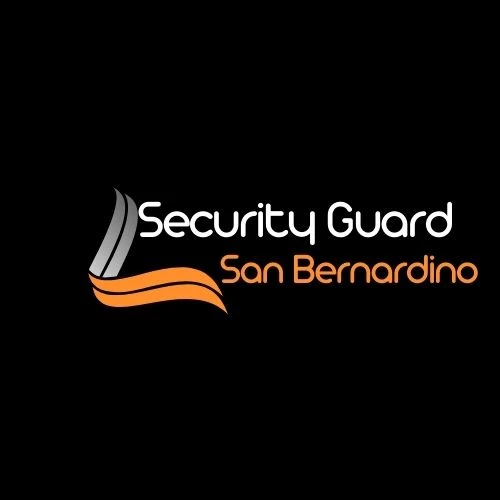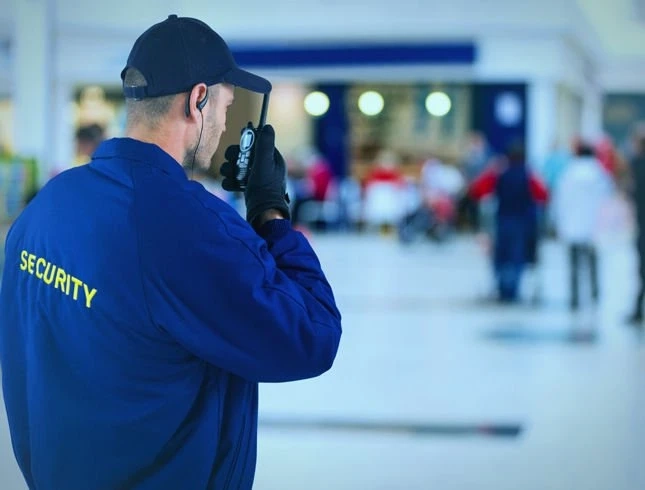College and university campuses are vibrant communities that bring together students, staff, and visitors. With this level of activity comes the responsibility of maintaining a safe and secure environment. While technological solutions like surveillance cameras, access control, and emergency alert systems have become essential, the role of professional security guards remains irreplaceable. Human presence provides real-time decision-making, situational awareness, and immediate response capabilities that technology alone cannot replicate.
Modern campuses face a variety of security challenges, including theft, vandalism, unauthorized access, and even active threats. Professional guards serve as a visible deterrent, reassuring students, faculty, and visitors while maintaining order. Their presence complements technological tools, ensuring that safety measures are not just automated but actively enforced. By integrating human expertise with modern security systems, campuses can create a safer, more responsive environment for everyone.
Preventing Unauthorized Access
Professional guards play a critical role in preventing unauthorized access to campus facilities. Gatekeeping, monitoring entrances, and verifying identification help ensure that only authorized personnel and visitors enter restricted areas such as laboratories, dormitories, and administrative offices. Guards can respond immediately to suspicious activity, providing a level of vigilance that technology alone cannot achieve.
Their ability to assess context is crucial. While an access card might grant entry, guards can identify unusual behavior or potential security threats in real time. For example, someone attempting to bypass procedures or acting suspiciously can be intercepted before an incident occurs. This human judgment strengthens campus security, ensuring that technology and protocols work in tandem to protect people and property.
Rapid Response to Emergencies
In emergency situations, professional guards provide immediate action and coordination. Whether it’s a fire, medical emergency, or an active threat scenario, guards are trained to respond quickly, direct evacuation, and assist first responders. Their presence reduces response time and enhances overall safety on campus.
Guards also play a key role in crisis communication. They can relay accurate information to students and staff, prevent panic, and implement emergency protocols effectively. While automated systems can trigger alarms or alerts, professional guards ensure that these signals translate into practical, coordinated responses, minimizing harm and keeping the campus community safe.
Supporting Technology and Surveillance Systems
Modern campuses rely on sophisticated security technology, but professional guards are essential for interpreting and acting on the information these systems provide. Monitors and cameras are valuable tools, but guards provide human judgment to assess and prioritize threats, ensuring timely and appropriate intervention.
Additionally, guards can patrol campus grounds, complementing fixed surveillance points and covering blind spots that cameras may miss. Their mobility and awareness allow for proactive security measures, such as deterring suspicious behavior, monitoring gatherings, and maintaining order during events. By working alongside technology, guards maximize the effectiveness of campus security systems.
Building a Safe Campus Culture
Professional guards do more than prevent crime—they help cultivate a culture of safety and responsibility. Their visible presence encourages students and staff to follow security protocols and reinforces a sense of security throughout the campus. Guards also serve as approachable resources for students, offering guidance and support in safety matters.
Interaction with professional guards builds trust and cooperation between the campus community and security personnel. Students who feel safe are more likely to report suspicious activity, follow rules, and participate in safety programs. By fostering awareness and engagement, guards contribute not only to immediate safety but also to a long-term culture of vigilance and responsibility.
Specialized Training and Expertise
Professional campus security guards undergo rigorous training tailored to the unique challenges of educational environments. This includes emergency response, conflict resolution, first aid, and crowd management. Guards are also trained to handle sensitive situations involving students, staff, and visitors with professionalism and care.
Their expertise extends to understanding behavioral patterns, recognizing potential risks, and preventing incidents before they escalate. By combining technical knowledge with interpersonal skills, guards provide a level of protection that goes beyond technology and policies. Their ability to assess complex situations and respond appropriately is a cornerstone of modern campus security.
Future Trends in Campus Security
The role of professional guards will continue to evolve alongside technological advancements. Integration with AI, IoT devices, and automated alert systems will enhance situational awareness and improve response efficiency. Guards will increasingly rely on data-driven tools to anticipate risks and coordinate security operations effectively.
However, human judgment will remain indispensable. The ability to assess context, de-escalate conflicts, and provide reassurance cannot be replaced by technology. The future of campus security lies in the collaboration of professional guards and smart systems, creating a safe, responsive, and supportive environment for students, staff, and visitors. Guards remain the backbone of campus safety, ensuring that technology serves its purpose while human expertise protects the community.
Conclusion: Human Expertise at the Heart of Campus Safety
While technology plays an increasingly important role in campus security, professional guards remain indispensable. Their ability to respond in real time, assess complex situations, and make critical decisions cannot be replicated by cameras or automated systems alone. Guards not only prevent unauthorized access and deter criminal activity, but they also provide immediate response during emergencies, support technological systems, and foster a culture of safety across the campus community.
As campuses continue to evolve, the collaboration between professional guards and modern security technology will define the next generation of safety measures. By combining human expertise with advanced monitoring tools, campuses can ensure both proactive threat prevention and efficient crisis management. Ultimately, professional guards are more than security personnel—they are guardians of a safe, supportive, and thriving educational environment, ensuring that students, staff, and visitors can focus on learning and growth with confidence.



